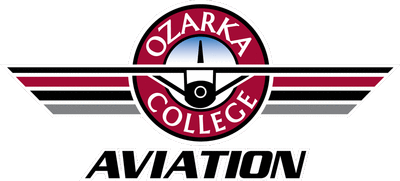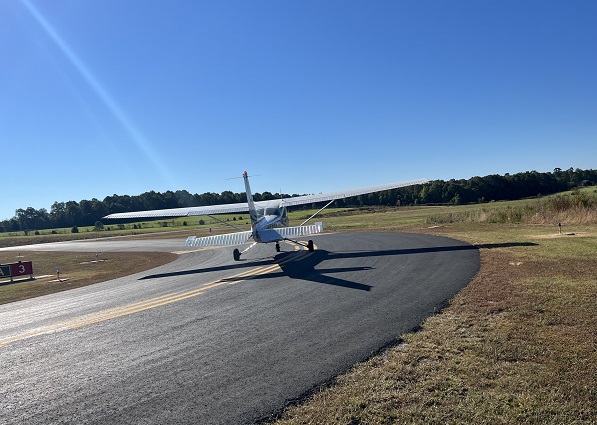

The Associate of Science in Aviation-Commercial Pilot provides both introductory courses and advanced courses a student needs to become career-ready in aviation. In addition to completing rigorous general education requirements, students learn to fly both single-engine and multi-engine aircraft through the College’s FAA-approved Part 141 training course, Air Agency Certificate 80ZS312L.
Students qualify to take the following FAA certification tests though this degree:This degree serves to prepare a student for his or her career in aviation, particularly through advancing the student with certifications needed to fly professionally. A student should complete the program with approximately 190 of flight time, which is gained through the course. Upon earning a Commercial certificate, he or she may pursue a Flight Instructor Certificate to expand and continue his or her experience. The training can be done through Ozarka if the student decides to further his or her training beyond the requirements of the degree
Earning an income as a pilot requires additional training, but students are on the fast-track to becoming employable pilots. An Airline Transport Pilot (ATP) certificate is required to be eligible for hire with an airline.
The 2024-2043 Boeing Pilot Outlook projects that 674,000 new commercial airline pilots will be needed to fly and maintain the world fleet over the next 20 years.
According to the U.S. Department of Labor, in May 2023, the median annual wage for airline pilots, copilots, and flight engineers was $219,140. The median annual wage for commercial pilots was $113,080.
A student attending full-time enrolled in approximately 15 credits per semester, will be able to complete the A.A.S. in Aviation-Commercial Pilot in four semesters.
Flight programs require a time commitment from students. Students enrolled in the Commercial Pilot program should plan on flying up to four or five times a week to complete their flight lab requirements.
More information about the standards...

